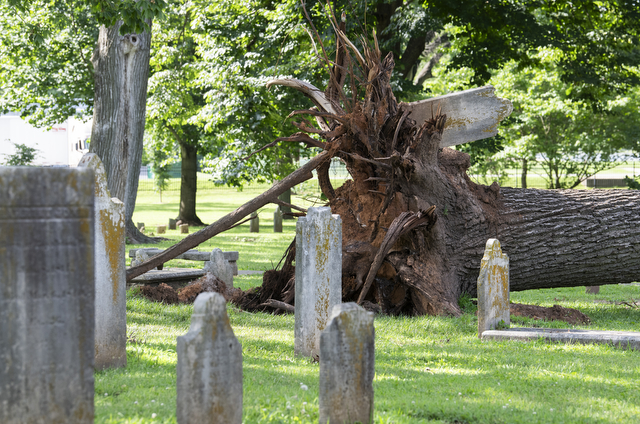WKU professor receives $400,000 sleep loss research grant
Published 8:20 am Wednesday, October 12, 2016

- Noah Ashley, assistant professor of biology at Western Kentucky University
Most people know the feeling of fatigue after a night of little sleep, but the negative long-term health effects of sleep deprivation remain a mystery to many.
Noah Ashley, an assistant professor of biology at Western Kentucky University, wants to change that by studying the inflammation that forms in the body after sleep loss and how that impacts the sympathetic nervous system, which can manipulate blood pressure and heart rate.
Now Ashley can move that project forward with a new $400,803 grant he’s received from the National Institute of General Medical Sciences under the National Institutes of Health. Ashley, who got the grant on his third try, said he’s excited about his research and that it may lead to better treatments for sleep disorders like sleep apnea.
“Sleep apnea is becoming much more prevalent in society, and we need to understand how to treat this condition,” he said.
Ashley plans to use the money to finance research equipment and sleep experiments on mice, but he also wants to involve more undergraduate students in research in his lab, he said.
Family physician Phillip Bale, who’s also on WKU’s Board of Regents, has a special interest in sleep and regularly asks people about their sleeping habits.
“I do ask people every day about their sleep because it plays such a central role in our health,” he said. “Sleep is absolutely essential.”
It’s so essential, Bale said, because many disease processes have an underlying factor of chronic inflammation. Inflammation of the artery walls, for example, is known to cause heart attacks and strokes.
“We absolutely have an epidemic of sleep deprivation in America today and that plays a big role in not only people’s health, it plays a big role in how the brain functions, and it has a lot to do with learning and converting short-term memory into long-term memory,” he said.
Bale added it also plays a critical role in creativity and athletic performance through muscle memory. It’s also a great topic to study on a college campus because many college students are sleep deprived and “there’s a big price to pay for that,” he said.
“We need to educate people to value sleep,” Bale said, adding that Ashley’s research will be meaningful.
Cheryl Davis, interim associate provost for research and creative activity, agreed.
“It is a very big achievement for a faculty member to be awarded an independent NIH grant,” she said. “They’re very, very competitive.”
Davis said she was especially excited given that another research project within WKU’s Biology Department received funding under the same kind of grant from the NIH. That project is a collaboration between biology professor Michael Smith and chemistry professor Kevin Williams, she said.
“The fact that we have two of these NIH grants funded, it’s really exciting to see that kind of activity coming to the university,” she said.
To earn the grant, applicants have to show a review panel the quality of the science behind their project, how well the research project is designed, how novel the project is and the significance it has for human health. Ashley’s accomplishment is even more impressive because he’s an assistant professor who’s somewhat new to the university.
The grant will also allow opportunities to involve undergraduate and graduate students in research, Davis said, along with hiring a post-doctorate associate to help with research.
“So having this NIH grant allows him to impact even more students,” she said.
— Follow education reporter Aaron Mudd on Twitter @BGDN_edbeat or visit bgdailynews.com.






